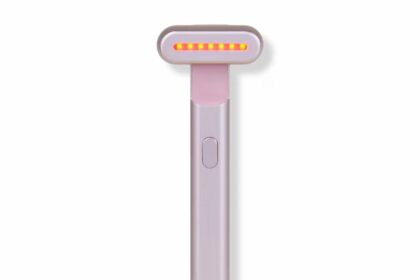Posted: 8/17/2016 10:24 AM by
Interim HealthCare
Chronic obstructive pulmonary disease, commonly referred to as COPD, is a complex series of lung diseases and problems that can make life very difficult for your elderly loved one. One of the biggest potential problems are the complications that can come along with a diagnosis of COPD. These are just a few of the bigger issues.
Increase in Respiratory Infections
People with COPD have lungs that are already weakened, so being exposed to germs and bacteria that enter the lungs can be a problem. Those irritants find that your loved one’s lungs are easy prey and they’re able to multiply quickly. Before long, your loved one is having even more difficulty breathing than normal. Lung infections such as pneumonia can be easy to overlook, so be sure to talk to your loved one’s doctor about how to recognize the earliest stages of pneumonia and other lung infections. The more quickly that your loved one receives treatment, the better.
Heart and Lung Problems
Your loved one’s heart and lungs work together to keep his body fueled with oxygen. When part of that system, such as his lungs, isn’t working well, that can throw the whole system out of balance. Many people with COPD are at a higher risk for heart attack and other problems such as heart disease. Your loved one might also have higher blood pressure both overall and just in the arteries of his lungs. If that is the case, your loved one’s doctor is likely to have special recommendations for diet, exercise, and medications that can help.
Depression
Your loved one might experience either short bouts of depression or longer, more extended periods of depression. This can be a result of simply not feeling well and therefore not being as active as he wants to be. Your loved one might also experience depression as a side effect of some medications or due to having periods of worsened health due to lung infections. If your loved one is prone to depression, be sure to mention it to his doctor so that you can develop a plan to help deal with the depression properly and quickly.
Work with your loved one’s doctors, elder care providers, and respiratory therapists to help minimize the risks of potential complications.
If you have an aging loved one in need of professional caregiver contact Interim HealthCare today.








